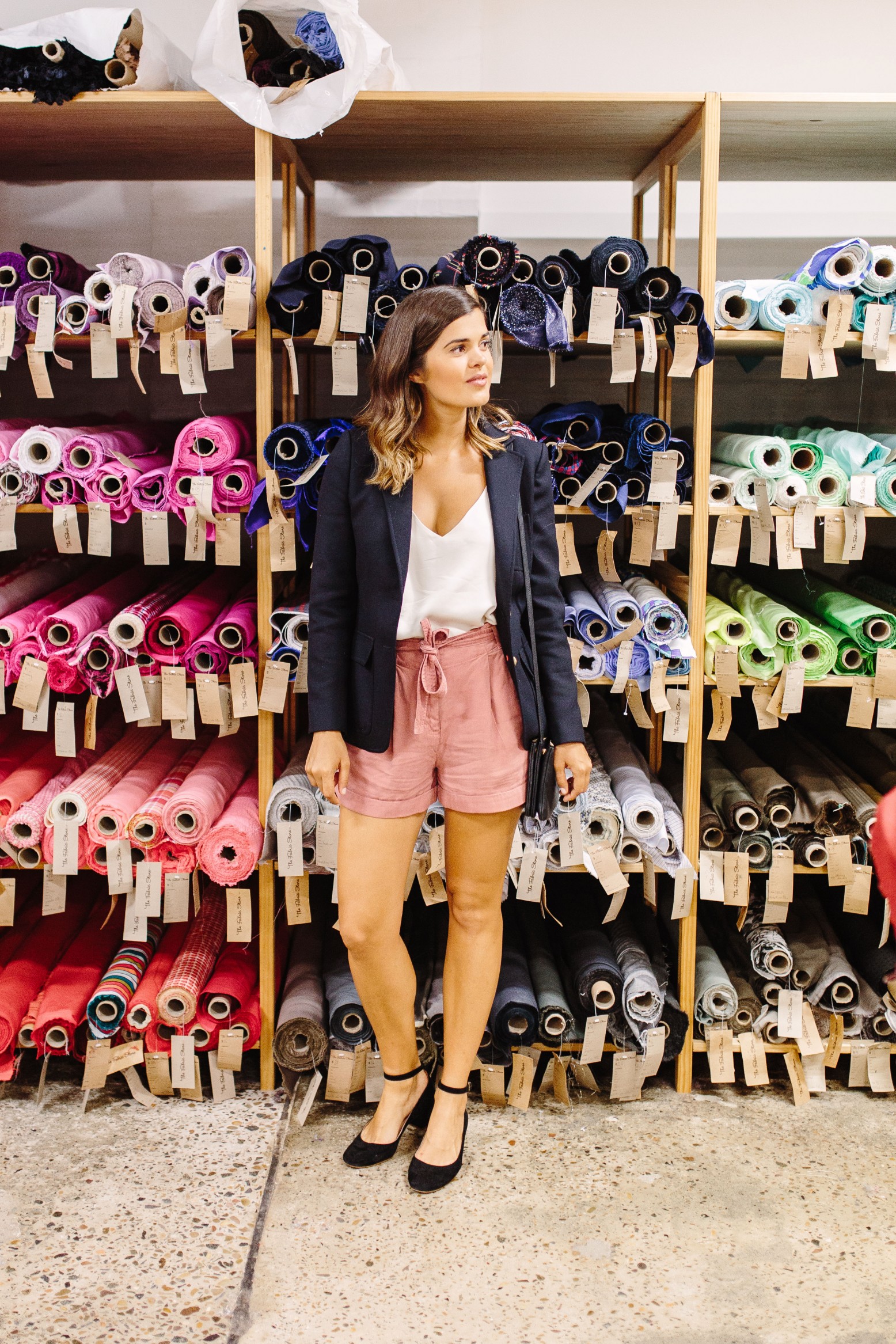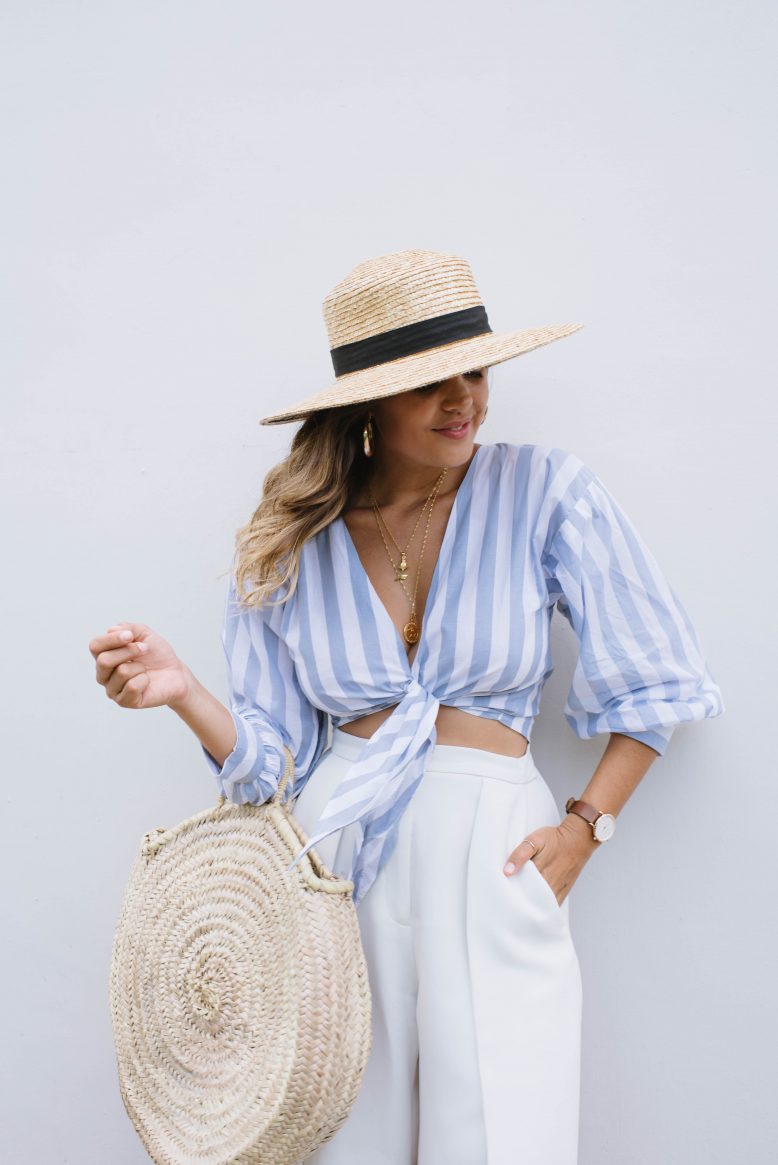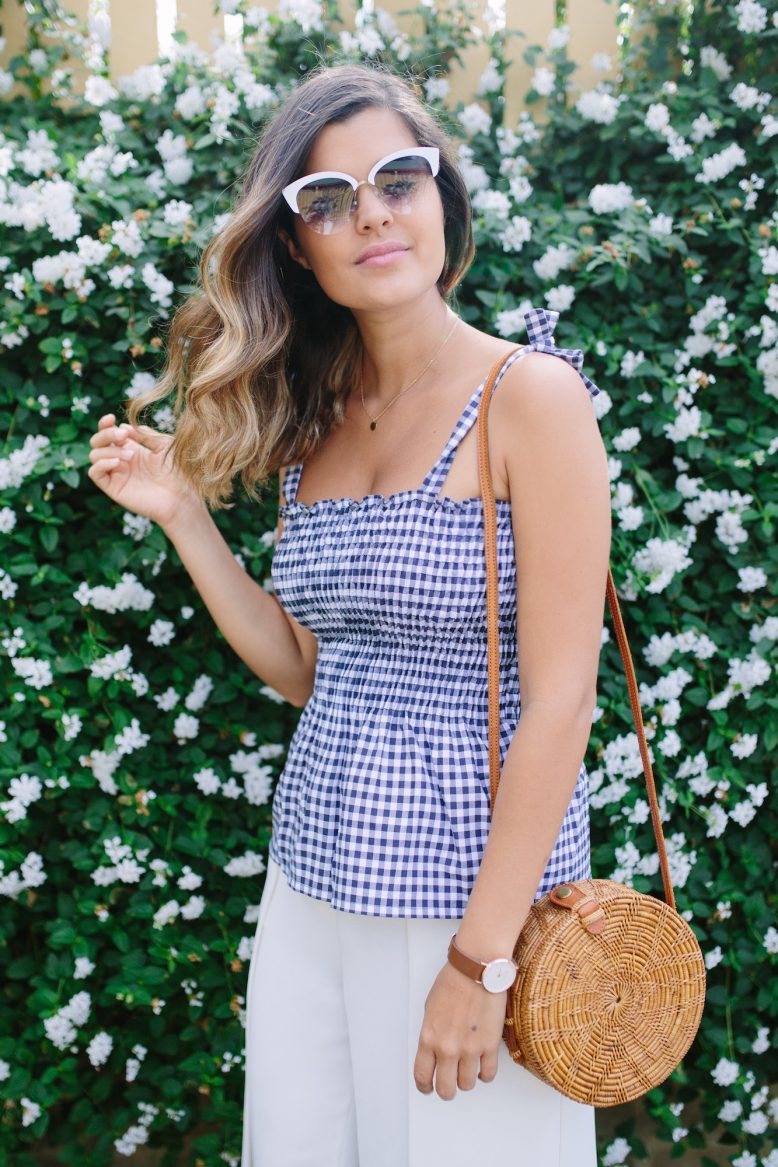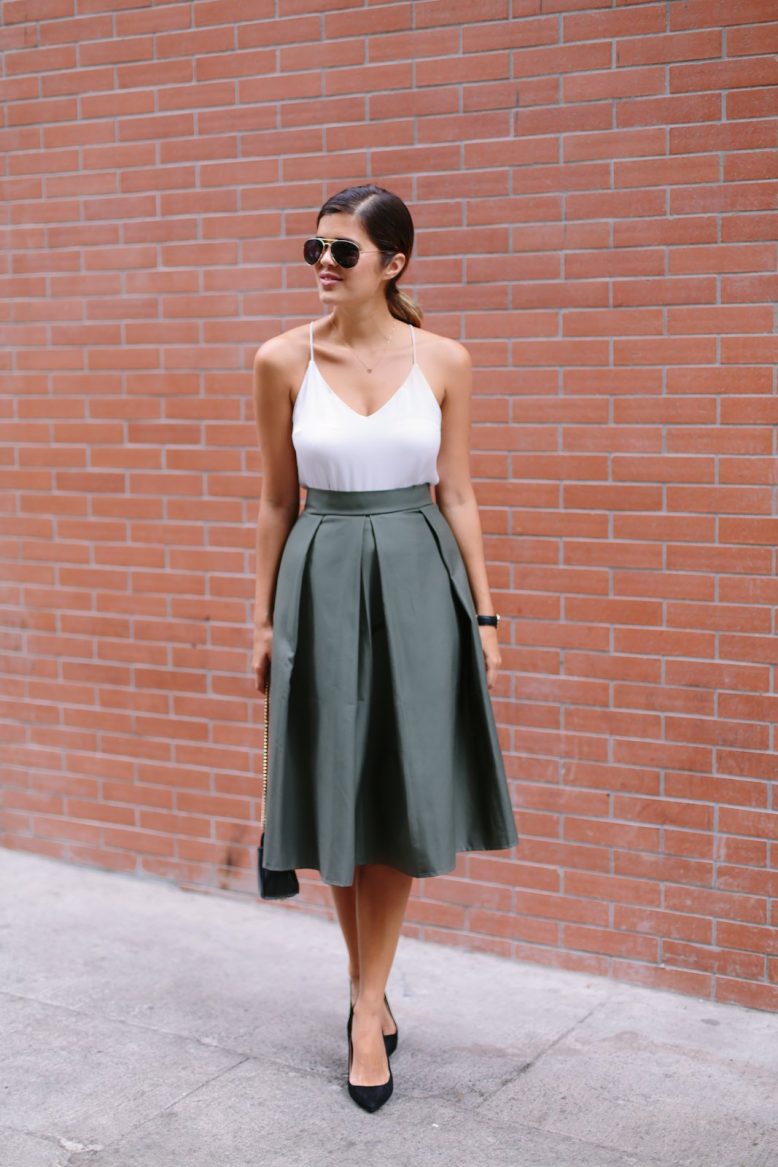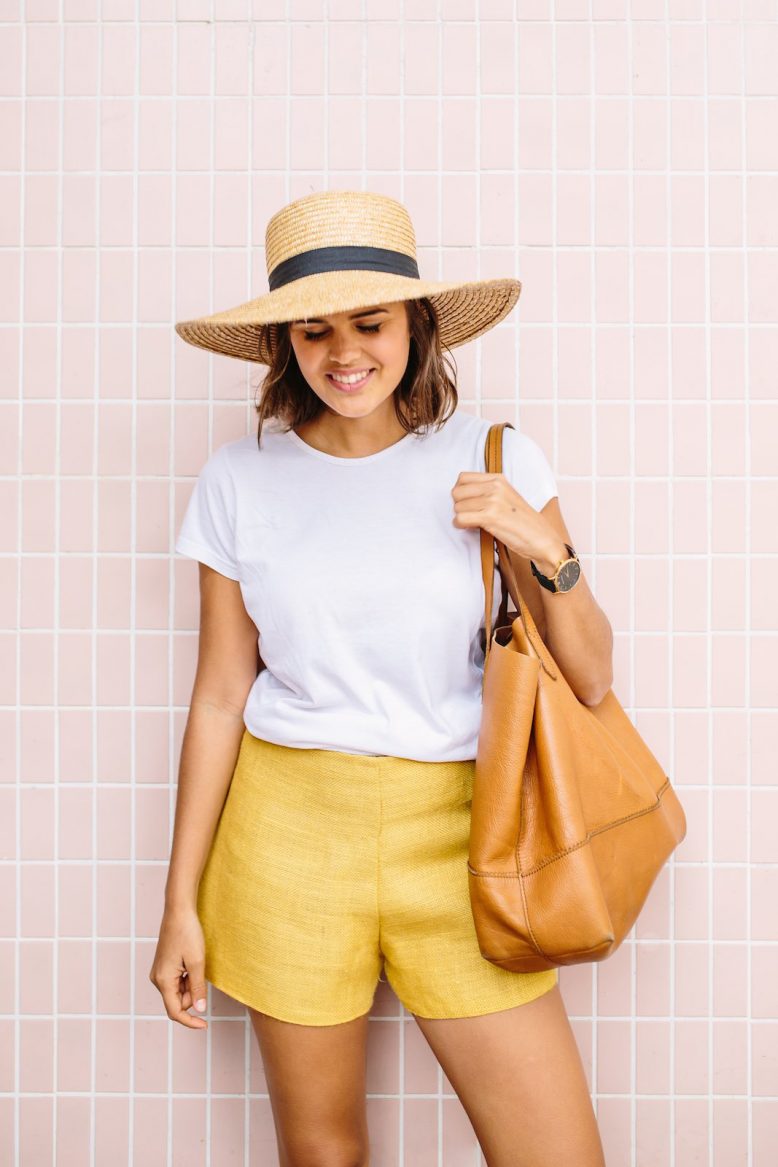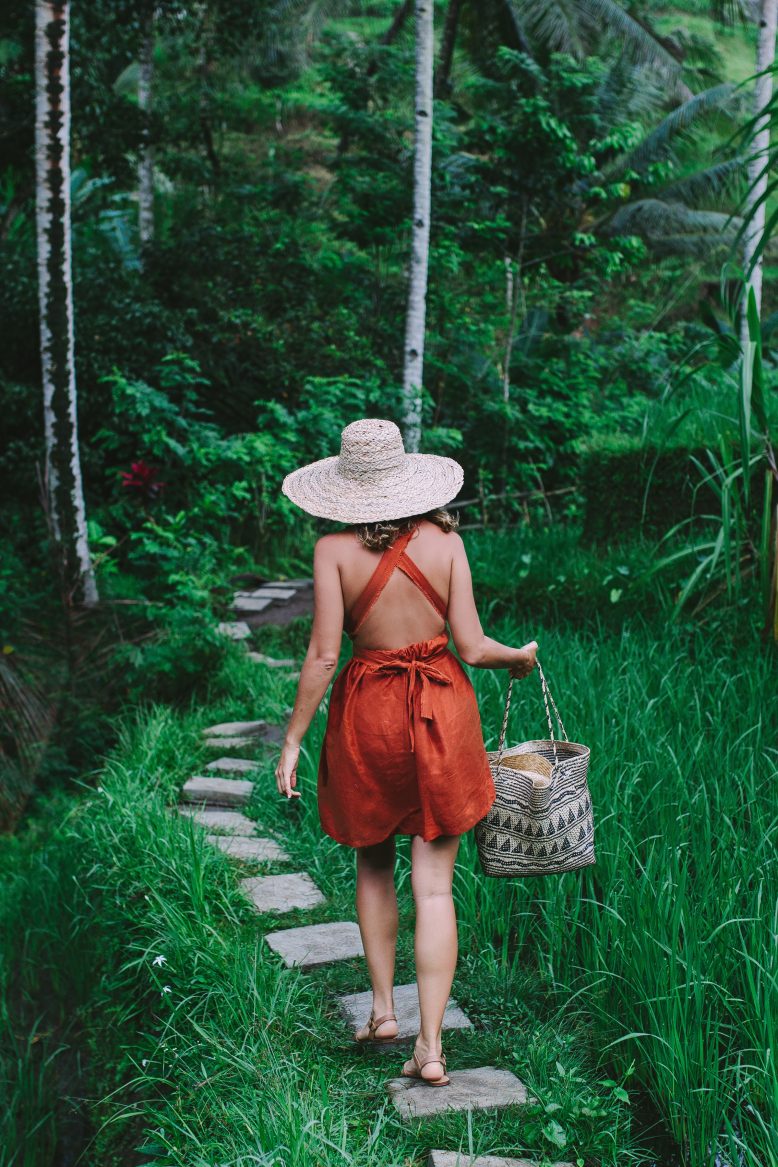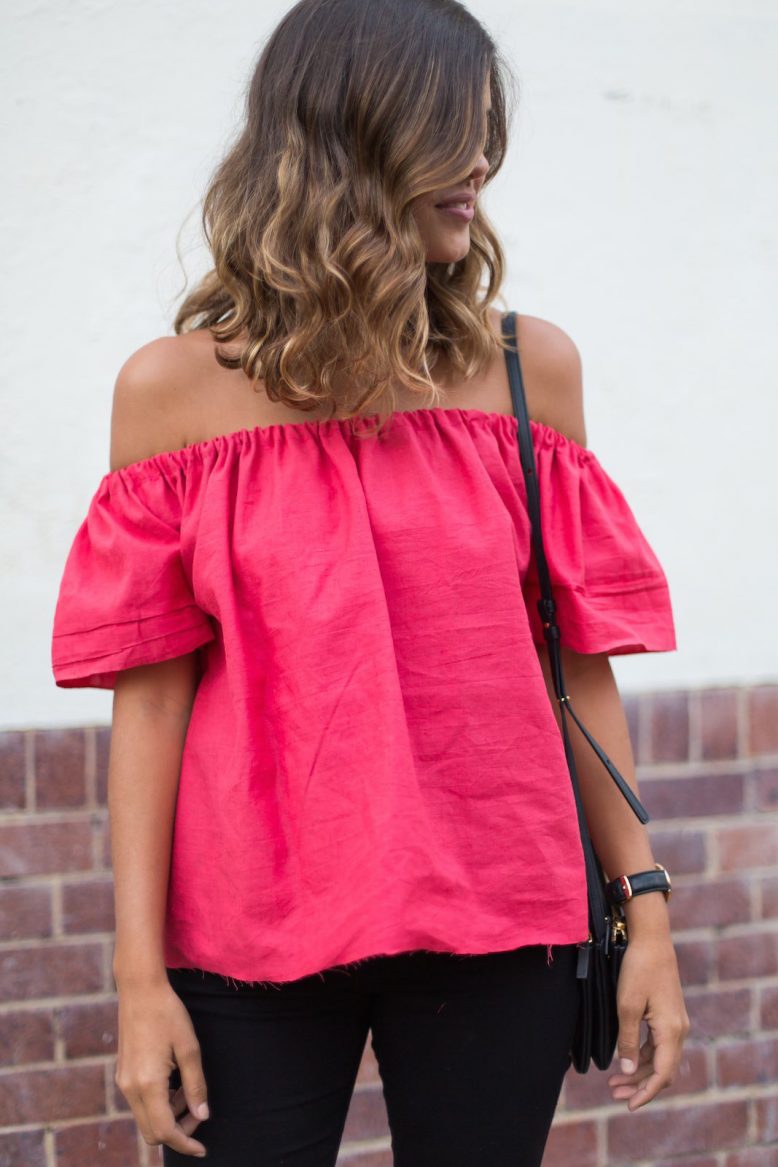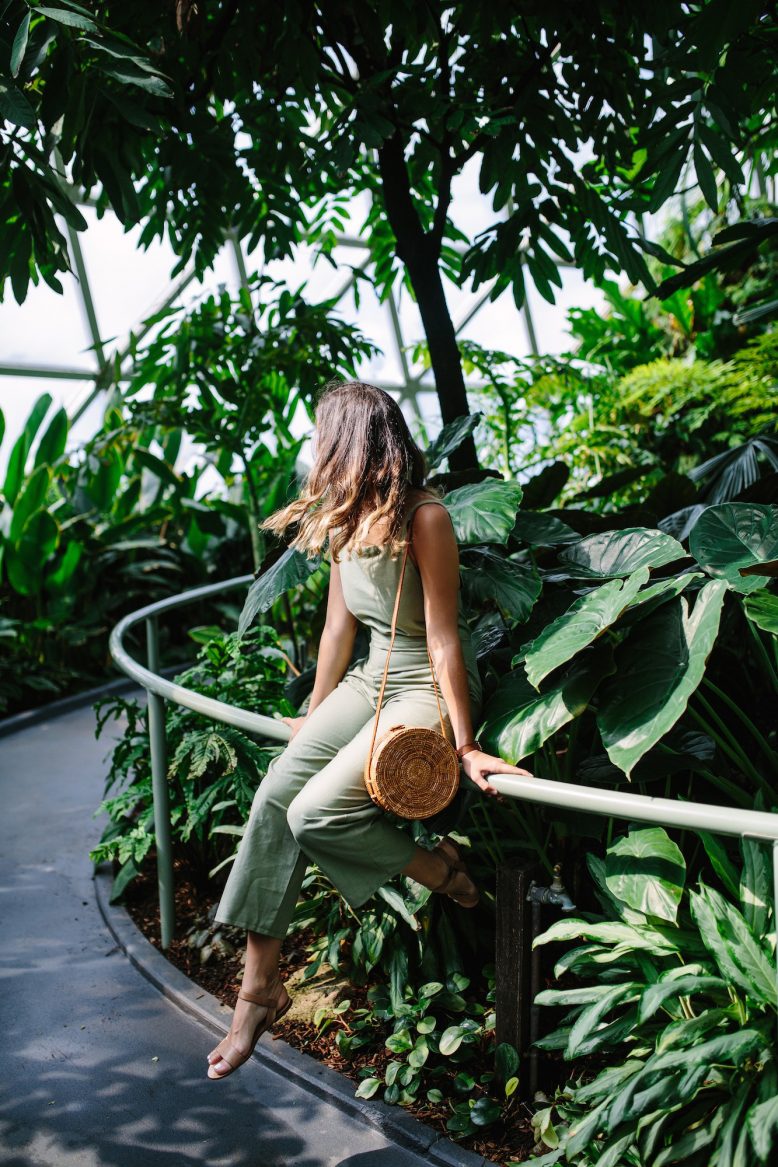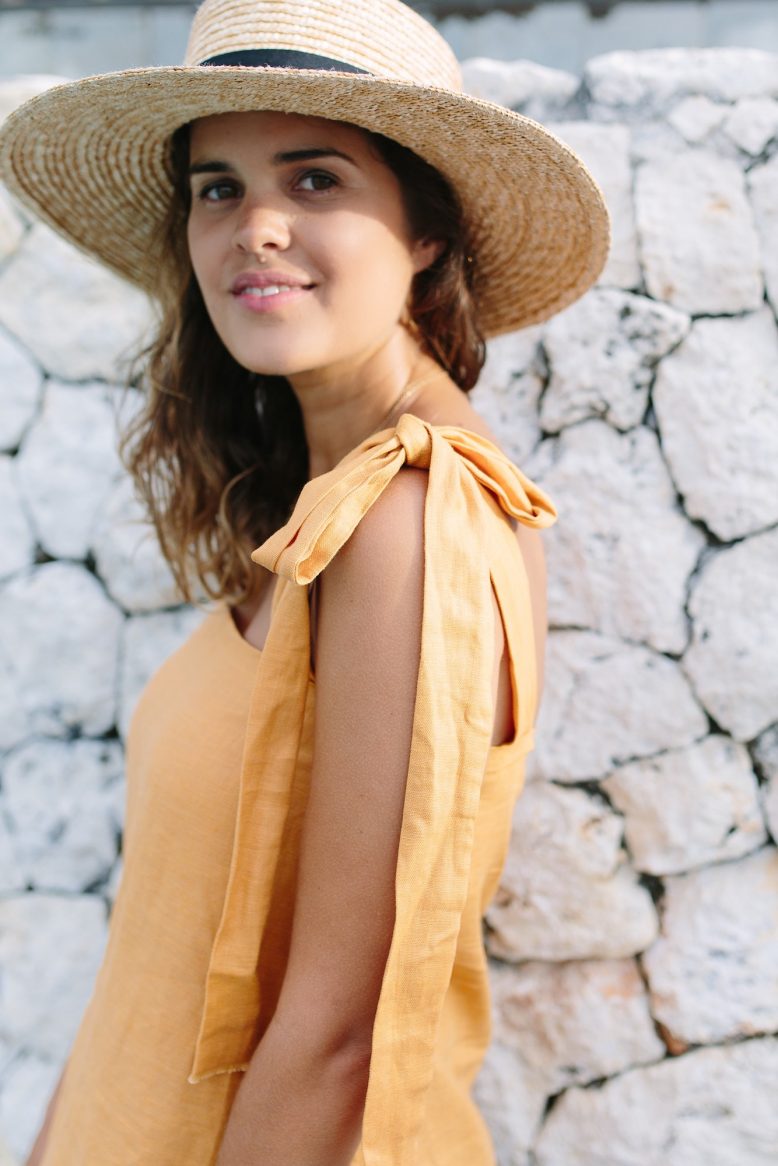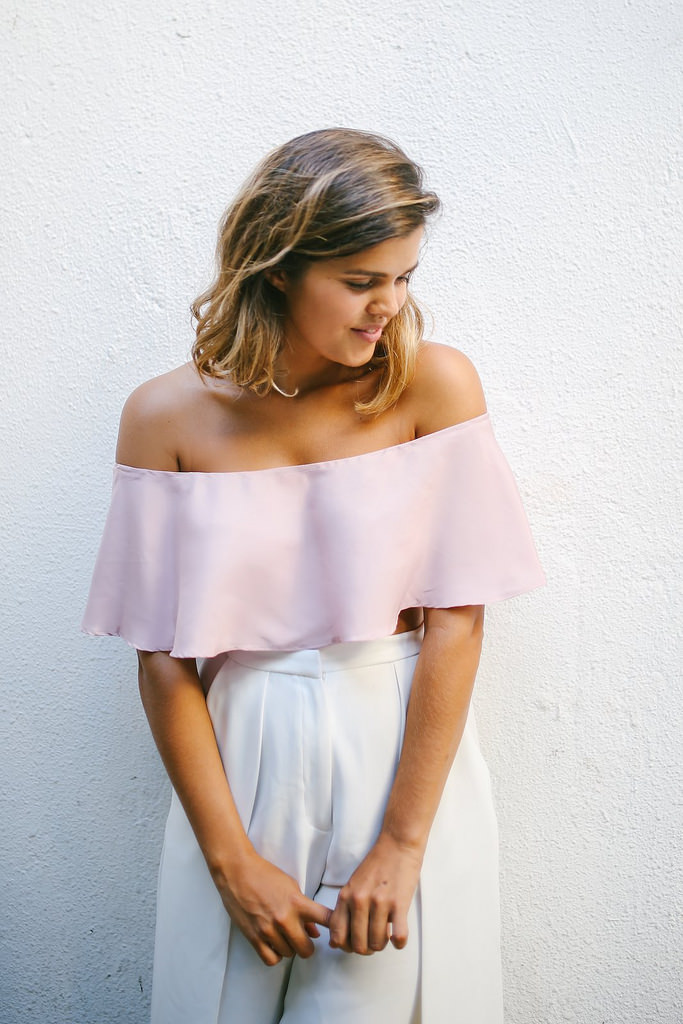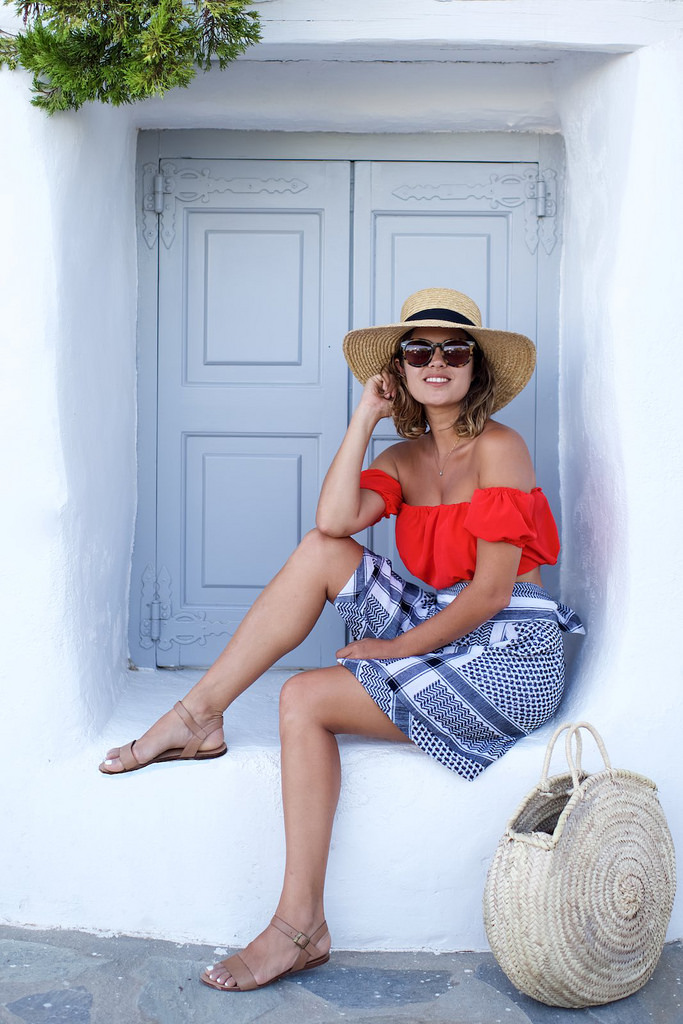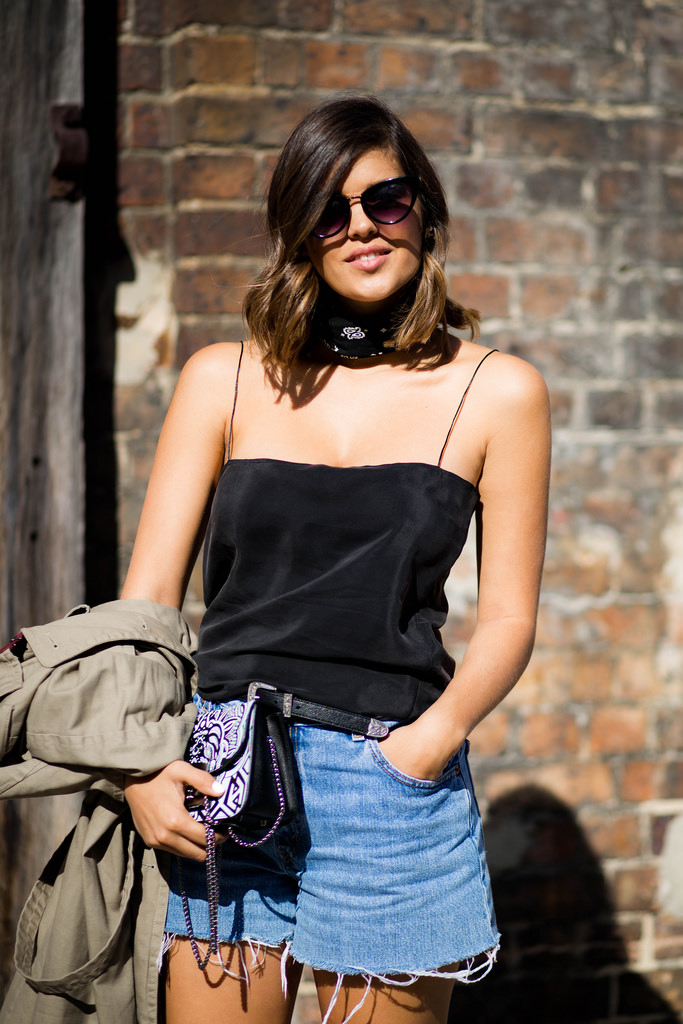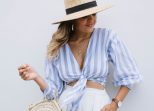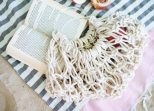Fabric. The heart and soul of any sewing project, it can make or break you (and your new item).
After a few of you guys suggested it, I thought it was time to talk to you more about fabrics. I wrote a little bit on this topic about 5 years (!) ago, and thought it was finally time to update that post. Fast forward 5 years and I let’s be honest, I’m streaks ahead of where I used to be when it comes to choosing fabrics. Experience has taught me a lot, as have the lovely women who’ve worked with me in the studio, all with much better fabric selection skills than me (due to pattern making courses or stints at Central St Martins!). And once I started to write it down, my mind had a serious overflow of information… it seems I’ve been storing up the ideas for a while! Which is why rather than just being one post, this little fabric chat turned into a series. Welcome to Fabrics 101.
Over the next few weeks I’ll being sharing more, in this post we’re talking about the basic, and then we’ll move onto what fabric is best for what project, then talk about the various attributes of different types of fabric, and finish with tips about where to buy the best fabrics. Hope you enjoy!
How To Choose The Right Fabric
Select Your Project
There are lots of ways to select your new project, I like to look for inspiration on Pinterest and then work out how to make the design in the most simple way – it’s often a bit of a trial and error approach but it works for me (most of the time!). Other options is using tutorials like the ones you find here, or using a pattern. You can also find an item in a shop you like, or something you own already, and use that idea (or the actual item) as a basis.
Do Your Research
Before you even step foot into the fabric shop, it’s worth doing some research about the garment that you want to make. Something I really like to do is go window shopping and look around at what is in stores and what fabrics are being used. There’s nothing more valuable that being able to touch and feel a garment to understand the part the fabric plays, and that way you can get an understanding of what fabrics are trending, making your projects feel a little more contemporary.
Check The Drape
Once you’re shopping for the fabric itself, always unroll the fabric a few yards and see how it hangs. The hang or ‘drape’ of the fabric will be a key element in terms of how the garment looks on. Notice how silk hangs softly, while linens are more heavy with a tendency to stick out when pleated or gathered? For me, the drape of the fabric is the most important factor in choosing a fabric that looks good and suits the project.
Assess The Width
Double Check The Colour
Test The Stretch
Visualise Your Project
Buy
Finally, buy your fabric. Make sure that you buy enough for your item. In general, if I am shopping for fabrics in a market and buying a lot at one time, I usually buy around 2 – 3 m ( around 2.5 yards) of fabric if I’m not sure what I am going to be making… Depending on the price of course! That way I have a bit of flexibility when it comes to actually sewing.
Fabrics that I like to work with
For me, the types of fabrics I choose are based on the project itself, what fabrics are trending at the time and how easy they will be to sew. I also find that some fabrics have a most luxurious feel to sort with, meaning they look good even if you make something simple out of them…. Great for people who like shortcuts (like me!). These are some of my favourites.
Light Cotton
Starting out? Light cotton with a close weave is a great place to begin, as it’s usually easy to sew and often has a light fall that is great for simple projects like tops and dresses. Check the drape on your light cotton to make sure it’s not too stiff.
- Cotton
Projects: DIY Bell Sleeve Top | DIY Wide Leg Pants | DIY Tie Front Top
Heavy Cotton
Heavy cotton is perfect for items that you want to have more shape, but it’s still really easy to sew. When choosing your heavy cotton, know that it is usually quite stiff and make sure this has been accounted for in the project you choose. Otherwise it will stick out a lot in places you don’t want it to.
- Heavy Cotton
- Heavy Cotton
- Heavy cotton
Projects: DIY Maxi Dress | DIY Shirred Top | DIY Pleated Midi Skirt
Linen
Ok so linen in my number one favourite fabric for working with at the moment, you can tell by all the things I have made using it recently. Why? I think that virtually no matter the design, linen has such a nice fall and weight that it feel expensive and luxe before you’ve even cut it out. There are lots of different weights of linen on the market, but I found the heavier linen has a great fall. I also love that you can leave the edges exposed for a more rough (aka lazy) look.
- Linen
- Heavy linen
- Linen.
DIY Linen Shorts | DIY Cross Back Dress | DIY Off The Shoulder Top
- Linen.
Projects: DIY Wrap Mini Skirt | DIY Jumpsuit | DIY Shoulder Tie Top
Silk
Finally, silk yields a lovely result, and now and again I use it in my projects. However it can be harder to sew, particularly if you are new to sewing. That said, silk once again has such a lovely look and feel, and you can get away with a very simple item if you fabric is silk… So it’s definitely worth experimenting with!
Projects: DIY Circle Top | DIY Off The Shoulder Top | DIY Silk Camisole
Photos taken in The Fabric Store in Sydney (they have amazing fabrics!) by Nicola Lemmon.





